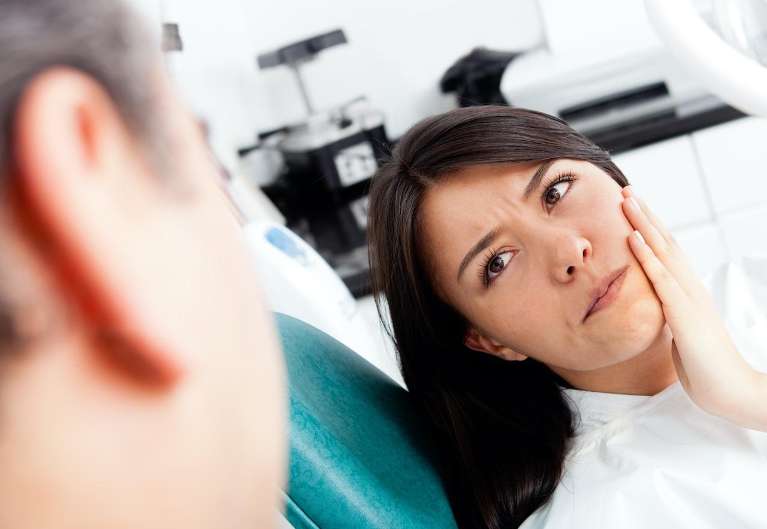
There’s no two ways about it—jaw pain is no joke. Whether it’s a dull ache, a sharp twinge, throbbing, or the occasional “click,” jaw issues can throw off your whole day (and night) and, eventually, degrade your daily quality of life.
If you’re suffering issues with your jaw, determining whether you’re dealing with TMJ disorder or bruxism—and understanding the differences—is a vital first step toward lasting relief and happier, healthier smiles.
TMJ: The Joint Behind the Pain
TMJ refers to the temporomandibular joint, which connects your jawbone to your skull. When this joint becomes inflamed or misaligned, you may experience what’s called TMJ disorder (or TMD). TMJ issues often result from stress, trauma, arthritis, or bite misalignment, and can be long-term if left untreated. Common symptoms of TMJ/TMD include:
- Jaw popping
- Difficulty biting and chewing
- Clicking or locking of your jaw
- Chronic headaches
- Even ear pain.
Bruxism: Grinding Through the Night
Bruxism is the habit of grinding or clenching your teeth, often unconsciously, during sleep. It may be linked to stress, sleep disorders, or misaligned teeth. Over time, bruxism can wear down your enamel, cause tooth sensitivity, crack your teeth, and even damage dental restorations like crowns and bridges. While bruxism can contribute to TMJ pain, they are distinct issues—one is a behavior, the other a joint condition.
Why a Timely and Accurate Diagnosis Is Key
Proper diagnosis is key. Dr. Mayur Patel at the Carolina Center for Restorative Dentistry uses advanced diagnostic tools to distinguish between the two and create a customized treatment plan. Whether that means a nightguard, physical therapy, or bite adjustments, you’ll get expert care tailored to your needs!
TMJ Dysfunction and Bruxism Treatment in Mount Pleasant, SC
If you're in Mount Pleasant and want relief from persistent jaw pain or nighttime teeth grinding, contact Dr. Mayur Patel and the excellent Carolina Center for Restorative Dentistry team to schedule a consultation and diagnosis!
